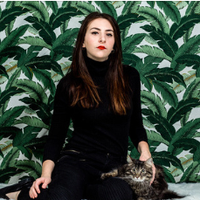Wonder Woman's Greatest Power: Proving That Female Superheroes Can Be Feminine, Too
If Catwoman and Black Widow are femme fatales, then Diana Prince is a femme vivante.
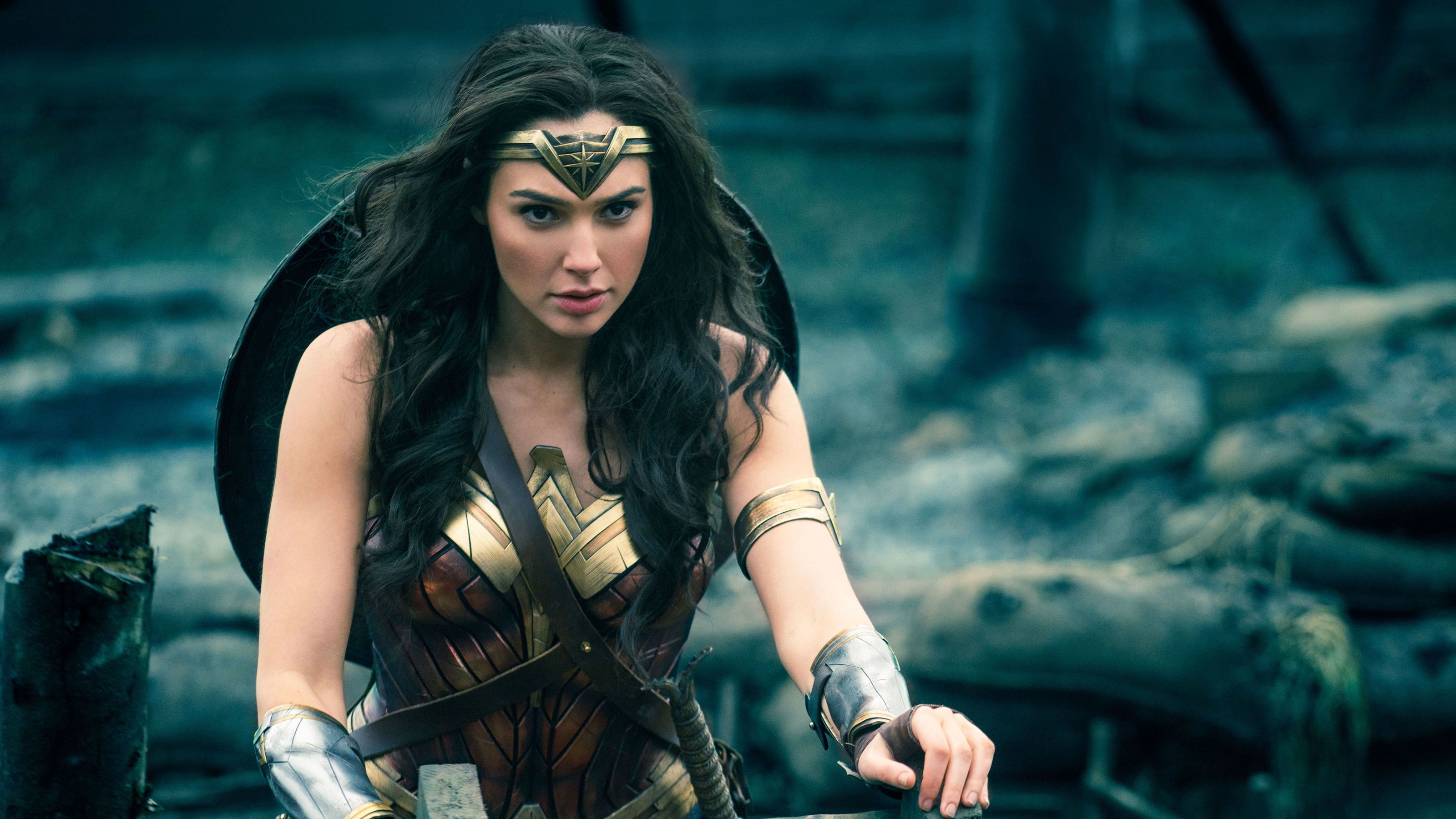
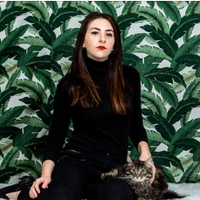
The most wonderful moment in Wonder Woman comes only a few minutes after Diana—the Amazon princess of the idyllic, female-only island of Themyscira—arrives in smog-filled London. "A baby!" she cries when she sees a woman on the street rocking a child in her arms. Her love interest Steve Trevor (not to be confused with Marvel's Steve Rogers) ushers her away, but Diana is delighted. It's a baby!
Of course, it's only logical that Diana would be excited—she's never seen a baby before (they don't reproduce on Themyscira, for obvious reasons). But to non-Themysciran audience members, it's also a familiar gesture. Who among us hasn't cooed over a baby, presumably while also making jokes about our ticking biological clocks? It's a human instinct, but specifically and stereotypically, a female instinct. And the brilliance of Wonder Woman isn't just getting to see a female superhero in action: It's getting to see that female superhero be "feminine."
There's been a token female hero/anti-hero in every Marvel and DC movie that's been pumped into theaters over the recent years. We've seen Catwoman slink away from Bruce Manor in stolen pearls—wearing the same skin-tight black leather jumpsuit Black Widow wore in the Avengers. We've seen green-skinned Gamora, blue-skinned Mystique, and bare-skinned Harley Quinn. It's notable that none of them have gotten their own movies, but far more important to point out the striking similarities in the way they've been written—as if all male directors were given the same xeroxed cheat sheet at the beginning of their career and have been referring to it ever since.
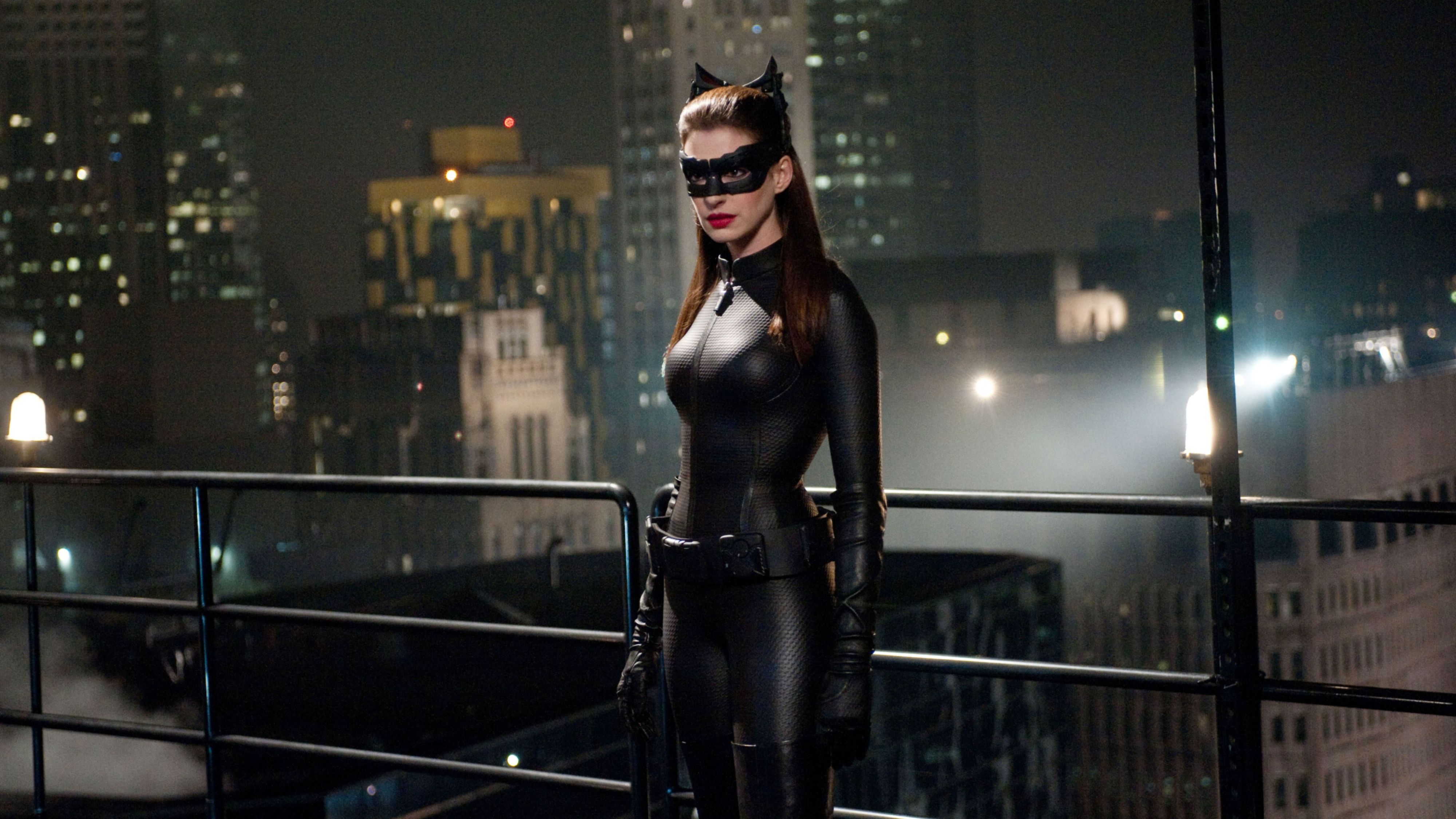
If you give women of the superhero genre even a cursory glance, you'll notice that almost every one of them is given masculine qualities as a shorthand cop-out for "badass." A lazy director might show a girl downing a stein of beer faster than anyone else at the bar, or winning an arm-wrestling match, or fixing an old car (imagine Megan Fox, draped like a pin-up under a car's hood in Transformers). But most importantly, they're emotionally detached. Somewhere down the line, someone decided that for female characters to read as competent, they should be distant, unfeeling lone wolves. Street-smart mercenaries who look out for themselves—at least until the morally righteous hero gets through to them. They flirt with the leading man and the villains in equal measure (the latter usually mid-fight). They wield their sexuality like it's their greatest superpower. It's a version of female empowerment that seems ripped from a teenage boy's fantasy: a sexpot who isn't all clingy or emotional, who's good at fighting, but "not better than me."
If Catwoman and Black Widow are femme fatales, manipulative and calculating, then Diana Prince is a femme vivante.
It's probably not a coincidence that Wonder Woman—the first blockbuster comic book film directed by a woman—presents a refreshingly different take on how a female hero might behave. Diana isn't afraid to react to things with joy. She loves babies and she loves ice cream. She takes kittenish pleasure in learning how to flirt with the first man she ever meets. But, above all, she cares. She cares about human beings so, so much. If Catwoman and Black Widow are femme fatales, manipulative and calculating, then Diana Prince is a femme vivante. Her empathy is the driving force through the movie: It's her overwhelming need to help people that inspires her to leave home in the first place, to confront—with indignant vitriol—an all-male war cabinet, and to single-handedly face trench warfare to liberate a small, forgotten town.
While watching the much-touted scene of Diana rising from the Allied trench into no man's land, deflecting bullet after bullet from the German forces in the opposing trench until she can only press forward from behind her shield, I teared up. It took me until a few hours after the movie ended to realize why. Yes, the moment was heroic, but I had never cried at any other heroic moment Hollywood has foisted upon me. I think I teared up because she made me want to be brave. Diana is unselfish, with an uncompromising moral compass. In any other World War I movie, the woman would be telling her son or her boyfriend not to go, it's too dangerous. The boy would put on his helmet and solemnly say he needed to do what's right. This was the first time I could remember a movie where the woman got to be the hero.
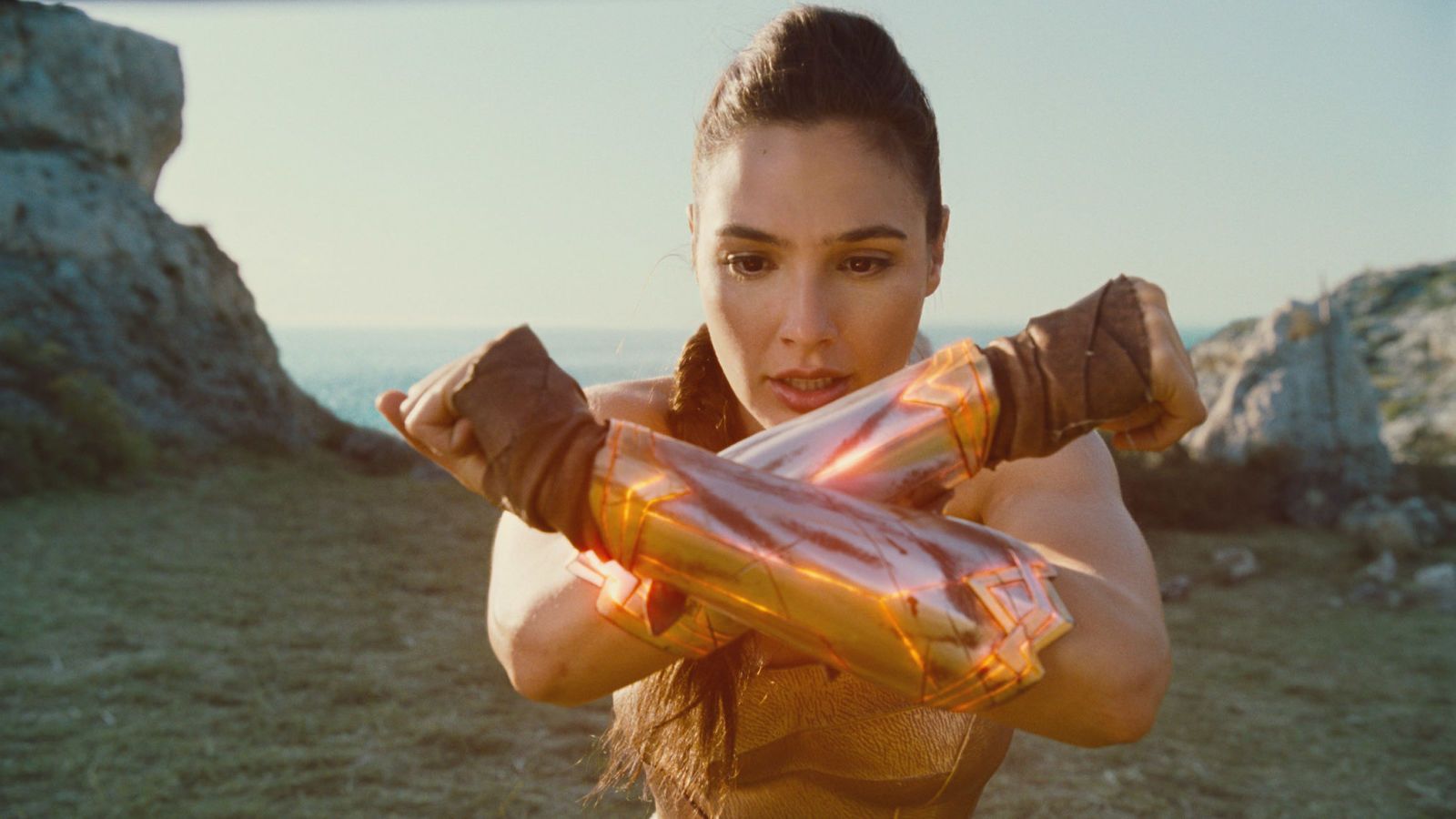
RELATED STORY
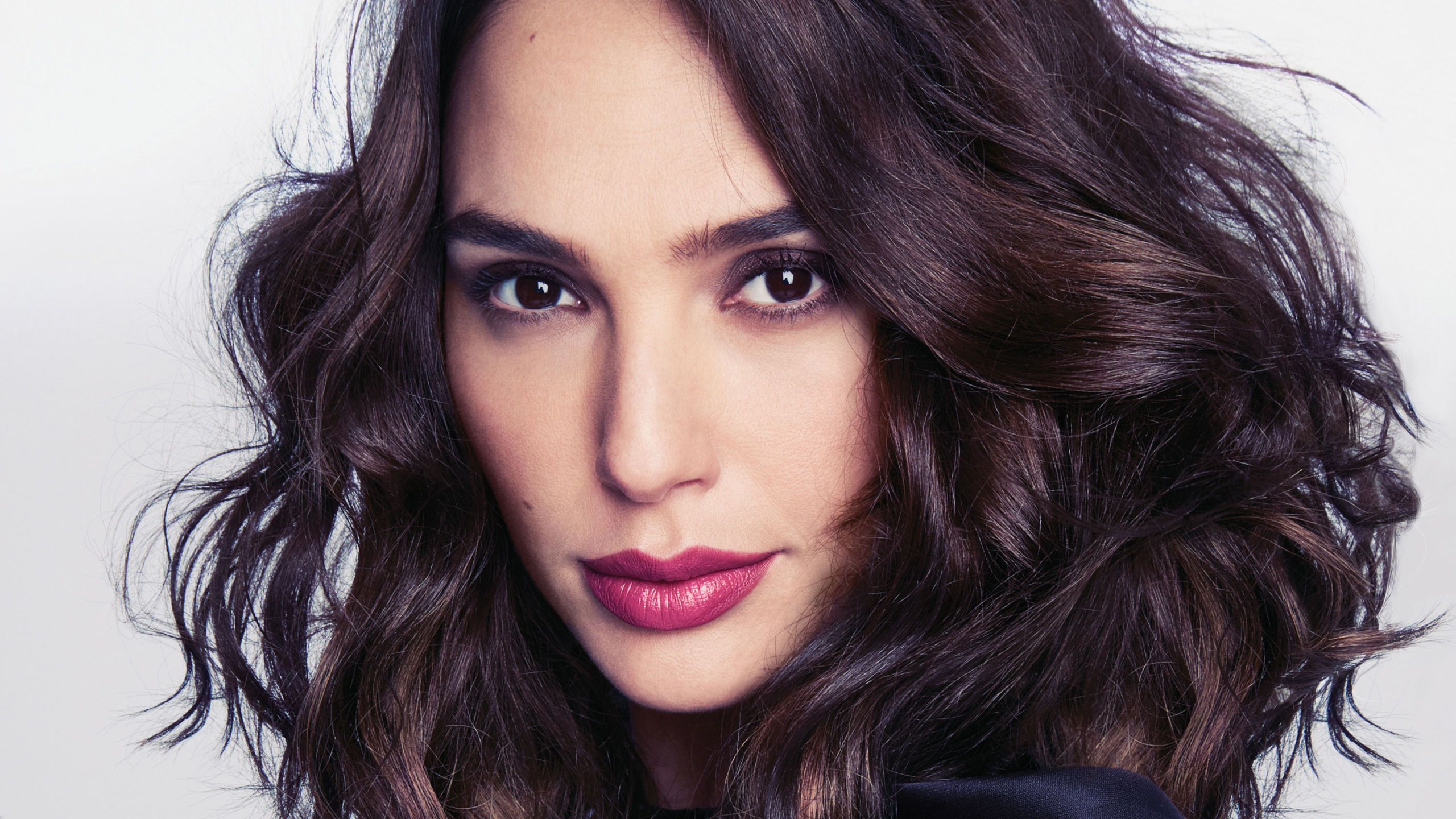
Perhaps it's not the fault of the Catwomen and Black Widows of the world that they move through their universes with a self-preservation instinct—a defensive shield of detachment that keeps them safe. Diana grew up on an island with no men and without the pervasive influence of the patriarchy. She never smiled at a boy only to be told later that she was asking for it, or accepted a drink at a bar from a stranger who believed that was ample payment for sex. She didn't grow up under a constant flurry of catcalls, and gawking gazes, and hands pressing into her on the subway. She never learned that her body would always be treated as a sexual object, and so maybe, if she was going to operate in a man's world anyway, it might be to her advantage to use it as a tool. But Catwoman and Black Widow grew up in our world. Hopefully, someday, their stories will be told by women, too.
Get exclusive access to fashion and beauty trends, hot-off-the-press celebrity news, and more.
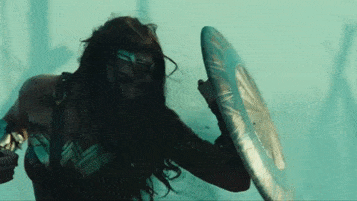
Follow Marie Claire on Facebook for the latest celeb news, beauty tips, fascinating reads, livestream video, and more.
Dana Schwartz is the author of three books and the host and creator of the history podcast NOBLE BLOOD. As a journalist, she’s written for Entertainment Weekly, GQ, Vanity Fair, The Washington Post, Marie Claire, and more. She currently works as a TV writer based in Los Angeles.
